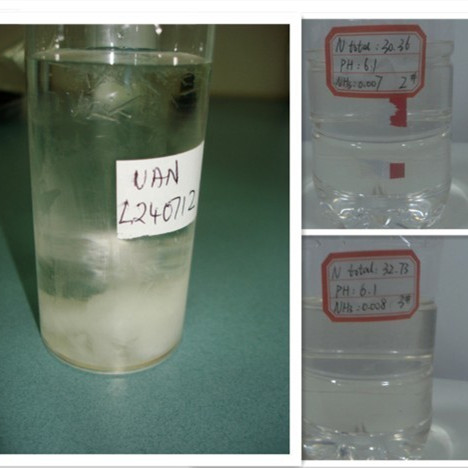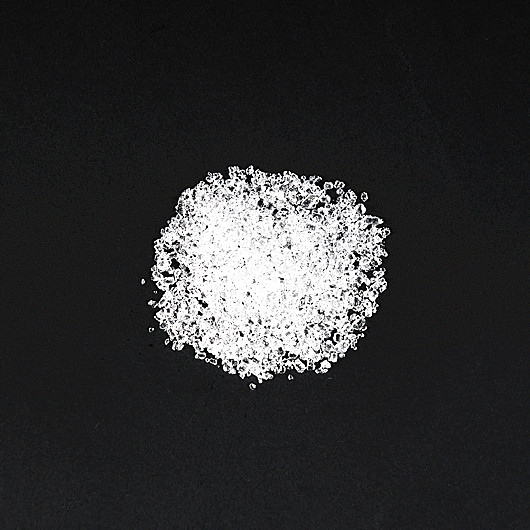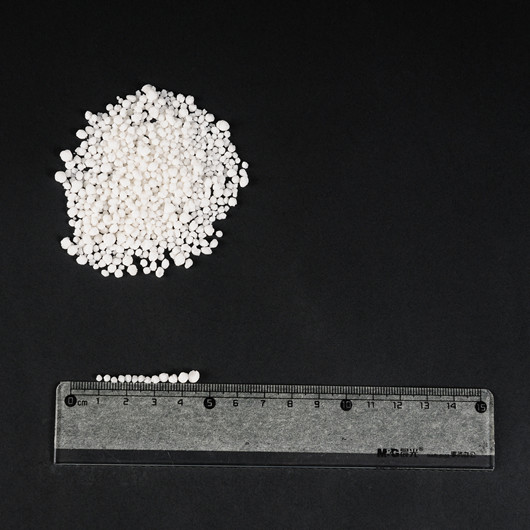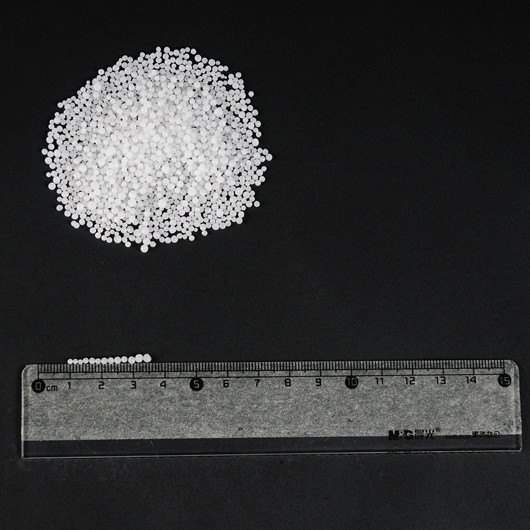Ammonium nitrate is about 34 percent nitrogen, making it a large-scale source of nitrogen for gardens, lawns and farm fields. It contains no other plant nutrients and is commonly used on soil conditions where the lack of nitrogen is the only concern. Ammonium nitrate is spread as dry pellets or powder on the soil. Broadcast spreading is a more economical method of applying fertilizer than spraying liquid content.
Ammonium nitrate fertilizer is used to increase nitrogen levels in soil. Nitrogen is one of the 16 chemicals necessary for plant growth. The amount of nitrogen necessary varies with the species of plant. A number of nitrogen-specific fertilizers exist. Landowners commonly use the type or formula that offers the most economic return on investment.
Nitrogen Content
Advantages
-
Ammonium nitrate breaks down into two basic components when combined with water in the soil. Both contain nitrogen that is in forms available to plants for uptake. The ammonium dissolves into the surface water while the nitrate bonds with the soil. The nitrogen commonly remains in the soil rather than evaporating or volatizing. Evaporated nitrogen enters the atmosphere and is not available to the plant's root system.
-
Similar Nitrogen Sources
-
Urea has a nitrogen content of 46 percent and is also broadcast on fields in a dry pellet form. A combination of urea and ammonium nitrate dissolved in water sprayed in a liquid form and contains about 30 percent nitrogen. Anhydrous ammonia is the most common nitrogen fertilizer used by farmers in the United States. Anhydrous ammonia is a liquid injected underground while under pressure. Both ammonium nitrate and urea are derived from anhydrous ammonia, making it the most economical nitrogen source despite more difficult application.
Non-Fertilizer Ammonium Nitrate Uses
-
Ammonium nitrate is available in two versions. The pellets of the fertilizer version are treated to prevent sticking or clogging during the spreading process. Explosive-grade ammonium nitrate pellets are not treated and are commonly smaller pellets than the fertilizer-grade pellets. Ammonium nitrate is also used in cold packs and in rocket fuels. Ammonium nitrate becomes cold when mixed with water.



